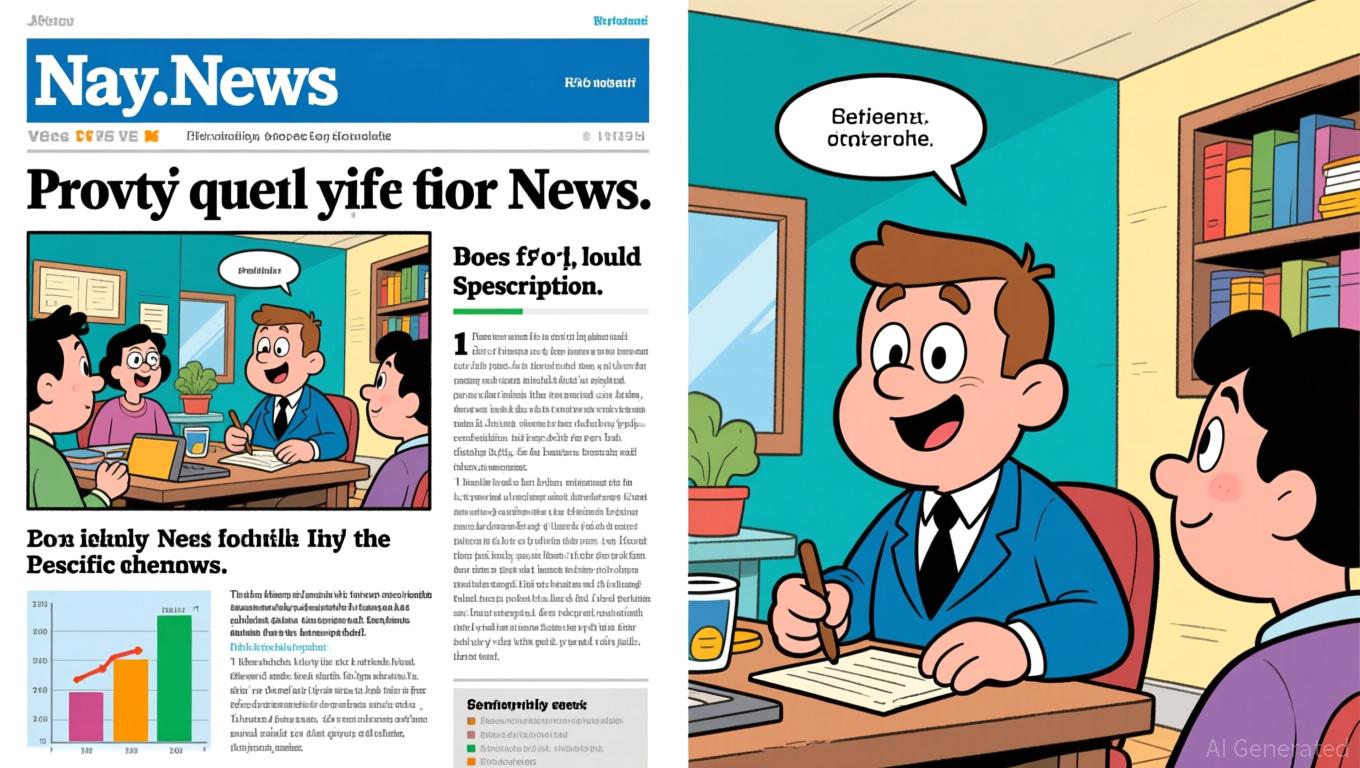Hyperliquid News Today: Individual Investors Drive Equity Perpetuals Amid Heightened Risk Discussions
- Market participants advocate unrestricted stock leveraged perpetuals as a simpler alternative to 0DTE options, citing growing retail demand for leveraged equity exposure. - Decentralized platforms like trade.xyz and Felix dominate equity perpetuals trading, with Nasdaq 100 perpetuals generating $75M daily volume versus $5.5M on Ostium. - SafePal integrates Hyperliquid's perpetuals exchange into its wallet, reflecting DeFi's hybrid CeFi-DeFi evolution and expanding tokenized asset risk products. - Recent
The movement advocating for open access to leveraged perpetual contracts for equities is gaining momentum, with many in the market suggesting these tools provide a simpler and more effective alternative to conventional leveraged products such as 0DTE options. Equity perpetuals, which enable participants to take leveraged positions on both stock indices and individual shares, have experienced rapid growth, especially across decentralized exchanges.
The conversation around equity perpetuals is also being shaped by their potential role in asset tokenization. Experts observe that perpetuals platforms could become key players in the tokenization landscape by providing structured risk solutions for tokenized assets. "Perpetuals offer an accessible way to manage risk, especially for individual traders, as they are easier to understand,"

Nonetheless, market conditions remain unpredictable.
:
:
:
:
---
Disclaimer: The content of this article solely reflects the author's opinion and does not represent the platform in any capacity. This article is not intended to serve as a reference for making investment decisions.
You may also like
Gundlach Cautions That Inflated Markets and Unstable Loans Could Trigger a Financial Crisis
- Jeffrey Gundlach warns U.S. equity market is "least healthy" and predicts private credit crisis due to "garbage loans" and weak underwriting. - He advises 20% cash allocation, reduced AI/data-center speculation, and compares private credit growth to 2006 subprime crisis, citing recent firm failures. - Recommends rebalancing portfolios: 40% global equities, 25% non-dollar bonds, and 15% gold as hedge amid dollar weakness and inflation. - Criticizes AI mania as "dot-com bubble" repeat, with NYU's Damodaran

Mexico Thwarts U.S. Cartel Raids, Cites 1848 Lesson on National Sovereignty
- Mexico's President Sheinbaum rejects Trump's cartel strike proposal, invoking 1848 sovereignty lesson to defend national autonomy. - Tensions escalate as Mexico removes U.S. contractors' "Restricted Area" signs near Rio Grande, citing border disputes and environmental concerns. - Trump's hardline drug rhetoric clashes with Mexico's sovereignty stance, highlighting strained U.S.-Mexico relations over border security and governance. - Sheinbaum balances U.S. cooperation with sovereignty defense, while Trum

Bitcoin News Update: New Hampshire Connects Cryptocurrency and Conventional Finance Through Innovative $100M Bond
- New Hampshire becomes first U.S. state to issue $100M Bitcoin-backed municipal bond, setting global precedent. - Bond uses 160% Bitcoin over-collateralization with automated liquidation, shielding taxpayers while enabling crypto-backed lending. - Governor Ayotte emphasizes risk-free innovation, directing proceeds to a Bitcoin Economic Development Fund for entrepreneurship. - Structured by Wave Digital Assets and Orrick, the bond bridges traditional finance and crypto, avoiding taxable events for borrower

COAI Experiences Significant Drop in November 2025: Investor Hesitation Grows Amid Regulatory Ambiguity and Profitability Challenges
- COAI Index's 88% YTD drop in Nov 2025 sparks investor panic due to CLARITY Act ambiguity and C3.ai's operational turmoil. - C3.ai's $116.8M Q1 loss, leadership shakeup, and sale speculation amplify sector instability amid overlapping regulatory guidelines. - Global crypto scams and institutional risk aversion worsen market sentiment, though AI infrastructure fundamentals remain resilient. - Analysts debate selloff as temporary correction vs. terminal decline, emphasizing need for regulatory clarity and c